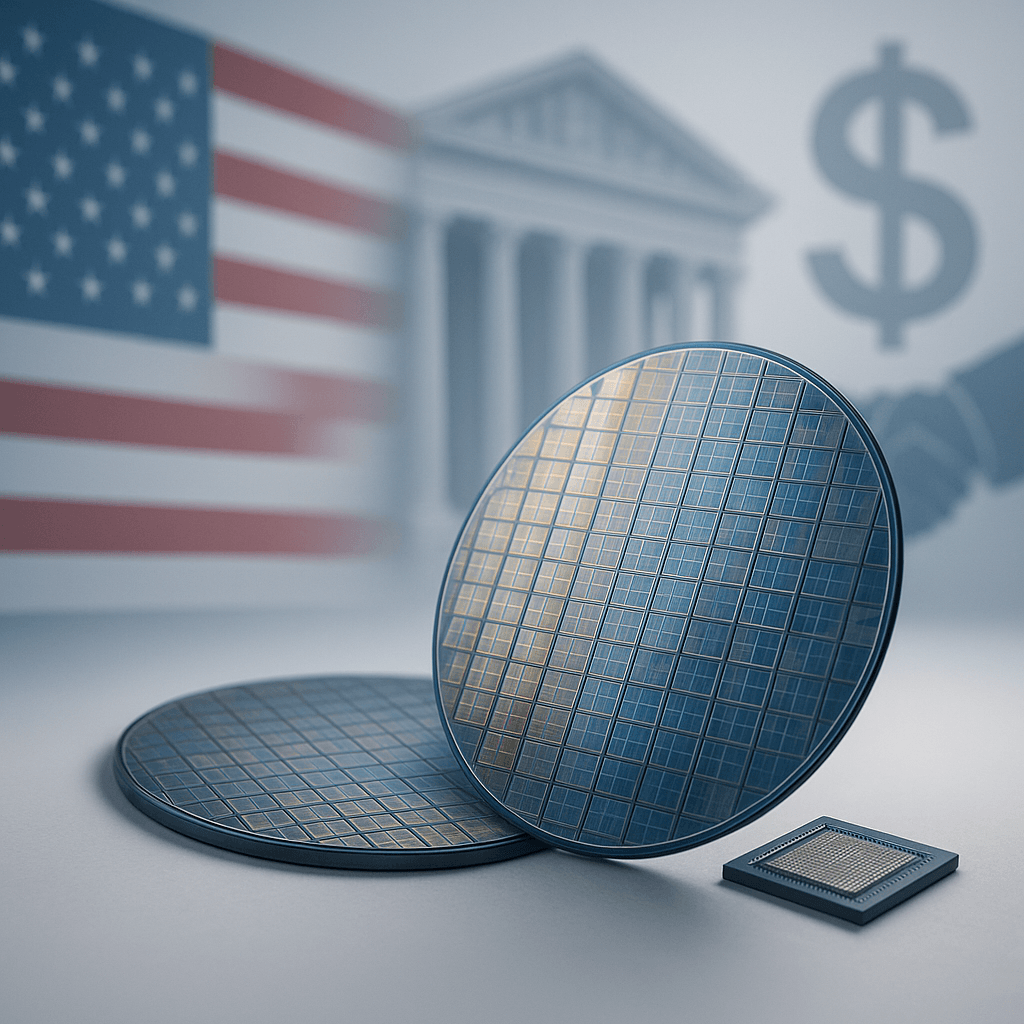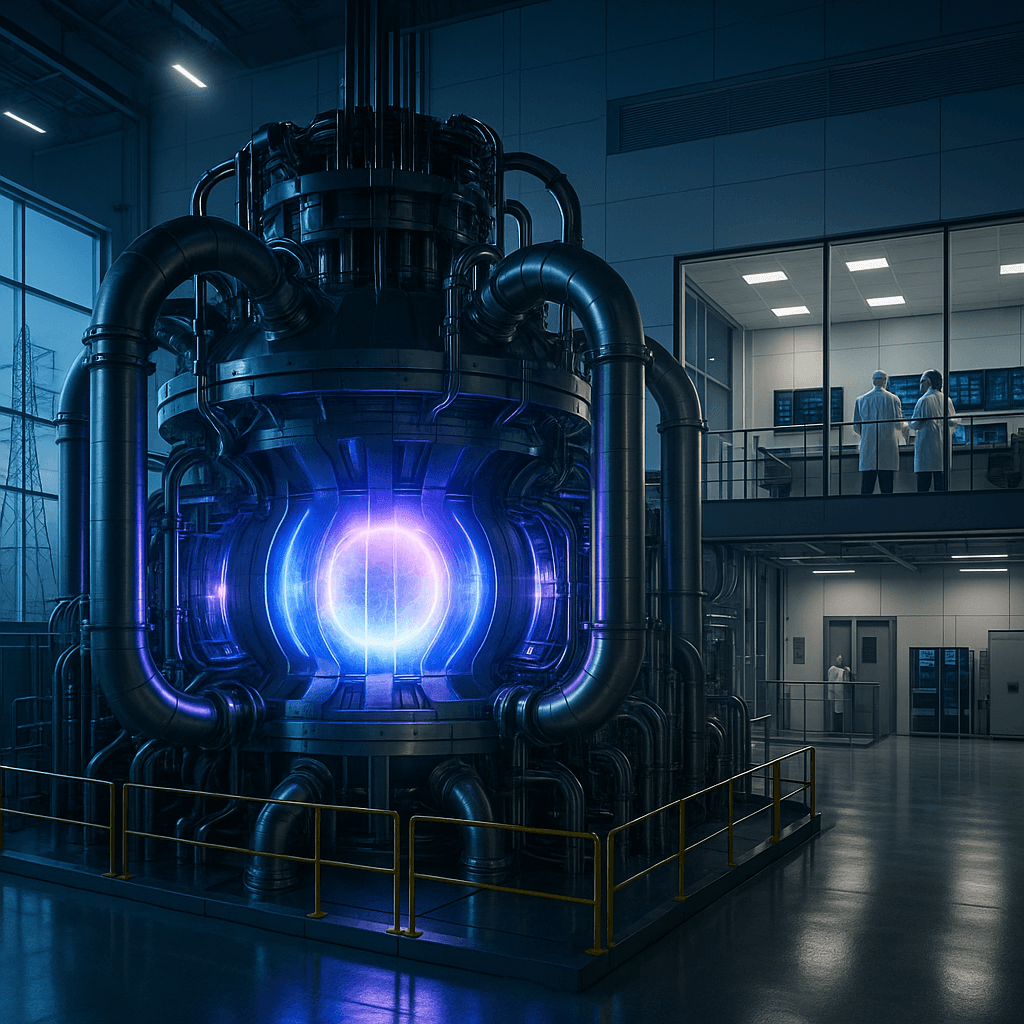Intel just received $5.7 billion in cash from the U.S. government, marking the first major disbursement from the White House's unprecedented 10% equity stake in the struggling chipmaker. The investment signals Washington's commitment to reshoring semiconductor manufacturing, even as officials admit deal details are still "being ironed out."
Intel just became the biggest beneficiary of the U.S. government's semiconductor revival strategy. CFO David Zinsner confirmed Thursday that the chipmaker received $5.7 billion in federal cash Wednesday evening, marking the first major disbursement from Washington's historic 10% equity stake in the company.
The announcement came during an investor conference where Zinsner acknowledged the investment as part of the White House's decision last Friday to take direct ownership in the beleaguered semiconductor giant. The move represents an unprecedented government intervention in the chip industry, positioning Intel as America's flagship domestic manufacturer against rising competition from Taiwan and South Korea.
Yet even as the money changes hands, White House press secretary Karoline Leavitt admitted Thursday that "the T's are still being crossed, the I's are still being dotted." She told reporters the Intel deal remains "being ironed out by the Department of Commerce," suggesting the administration fast-tracked the funding despite unfinished negotiations.
The timing reflects mounting pressure on Intel following disappointing second-quarter results in July. While the company beat earnings expectations, shares tumbled 8% on concerns about its foundry business, which manufactures chips for other companies. That unit has struggled to compete with Taiwan Semiconductor Manufacturing Company and Samsung's advanced processes.
Zinsner signaled Intel may seek additional private investment for the foundry division. "There's likely going to be some opportunity for outside investors in foundry, and that will probably be our second opportunity to raise cash to fund the growth on the foundry side," he said. The comment suggests the government funding alone may not solve Intel's manufacturing challenges.
Intel itself has expressed wariness about the government partnership. In a corporate filing Monday, the company warned the deal could generate "adverse reactions" from stakeholders and trigger litigation. "There could be adverse reactions, immediately or over time, from investors, employees, customers, suppliers, other business or commercial partners, foreign governments or competitors," the filing stated.






